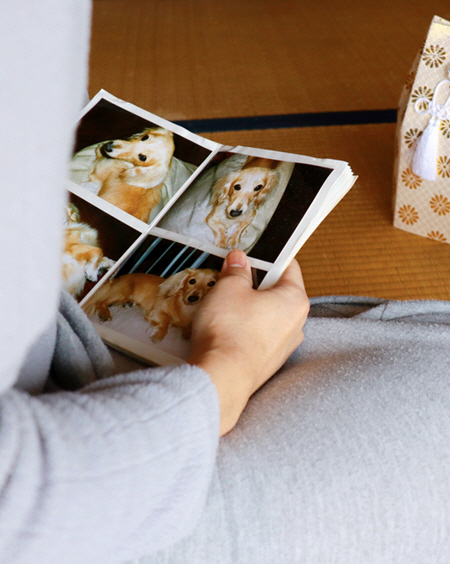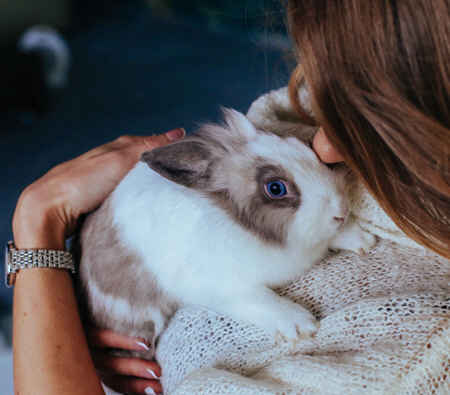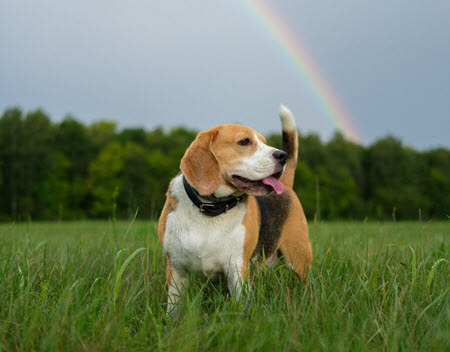 The many things that separate us from our animal friends…
The many things that separate us from our animal friends…
Your beloved companion animal has died…
You are suffering unspeakable heartache.
You stumble through the day, but tear-inducing memories lurk around every corner.
You isolate and snap at friends or family who say the wrong thing: “Get another one,” or “It’s just a dog,” or “You knew this day would come,” or “Are you over it yet?”
Loss after a long illness…
You’re exhausted from the fight for your animal’s life and lost track of supporting yourself as you were supporting your beloved. It was painful to watch your animal decline, and you wonder if you betrayed your animal’s trust. Your fatigue from failed efforts, medical costs, and end-of-life decision-making have you run down and filled with regrets.
Traumatic or unexpected loss…
You’re stunned. It’s too soon. Your animal was too young. Your time together was too brief. You may have witnessed something horrific or are plagued with images of the event. You are helpless and in shock. This is not the goodbye you would have chosen.
Re-homing…
You had to separate a healthy animal from your home. Your feelings of loss are compounded with resentment toward the reason for the re-homing. You are guilty and frustrated and burnt out from the decision-making process.
 Behavioral euthanasia…
Behavioral euthanasia…
Even though you tried everything, you are riddled with shame. Things got worse. Your animal tried to be good, but something just wasn’t right. You had to make an agonizing decision, and you feel judged and like you failed. You experience symptoms of PTSD because of your difficult experience with your animal.
Loss due to break-up, divorce, or moving…
You could never have imagined negotiating time with your animal or having your animal be used in a vengeful way. The anxiety and sorrow over the future of your animal haunt you. Your animal may remind you of happier times, and the emotions surrounding navigating your animal’s future without you are overwhelming.
Lost or missing pets…
You don’t know what happened. You may never know your animal’s fate. You cling to hope of eventual return, which makes you feel paralyzed. You’re angry someone took your animal or hasn’t returned them. You can’t imagine finding closure when you don’t have answers.
I know you’re longing for your beloved companion.
You can’t sleep without that familiar weight, breath, and smell.
You wait for a sign that your pet is okay and are anxious when one doesn’t appear.
You are in a fog. Decisions are impossible. You cannot see a way forward.
You are riddled with guilt for everything you should have done, tried, or said.
 I get it. I’ve been there.
I get it. I’ve been there.
When my soulmate cat, Arnie, died, I was overwhelmed and in deep sorrow. Although I had done my best to prepare, I still did not want to live in a world where Arnie wasn’t.
I struggled with my decisions for his medical treatment, end-of-life moments, and aftercare. I couldn’t sleep without his familiar purr and snuggle in the crook of my right arm. My partner and I had different grief styles, leading to disagreements and discord. My surviving cat, Zelda, was in deep grief, and I had no energy to help her. My friends and family couldn’t seem to say or do the right things to help me feel supported. I couldn’t focus or eat and definitely wasn’t productive at work. The only thing that would make me feel better was Arnie. And he was dead.
Each morning I woke up, I re-lived the loss all over again. It’s another day. Arnie’s gone. This is my new, terrible reality.
Even a walk through the grocery store wasn’t safe. An innocent trip to get dish soap sent me past the cat litter. I caught a glimpse of a cat who liked like Arnie on a box and then realized we were no longer a “multi-cat litter” family. That thought scared me, and a sob escaped my body so hard that I fell to the ground. I was shaking. I was devastated. A woman who worked in the floral department came over to sit with me until I could steady myself again.
It got easier. I had strategies to lean on and new tools I learned in grief counseling to help me cope. I was able to adjust to my new normal. I made my way through it, but it hurt. It still hurts. It’s okay that it still hurts.
 My goal is to help you grieve in a healthy and self-supportive way.
My goal is to help you grieve in a healthy and self-supportive way.
I will sit with you in your pain and hear you as you express the thoughts, images, and feelings that trouble you.
In a compassionate, validating space, you will feel less alone as you process your loss. You’ll be able to express shock, anger, sadness, guilt, anxiety, disorientation, or any other complex emotion that comes with grief.
We will identify the areas in your life where you are having trouble coping, and we’ll empower you with tools and strategies to help you restore those parts of your life.
We’ll get you adjusted to new routines and discover methods that work for you to help you re-engage with daily life.
We’ll preserve and celebrate the bond you shared with your companion animal, finding comfort in positive memories and creating rituals to help you honor your animal. I know it might not seem that way now, but you can learn to reestablish balance after adjusting to the changes of this profound loss.
I can also help you strengthen your relationships with the remaining animal(s) and people in your household. Those are important bonds for you as you grieve.
Finally, if you feel drawn to bring a new animal into the house, we will explore what that means for you.
Let’s find your peace through courage, self-compassion, and clarity.
No two people process loss in the same way. Our experience together is entirely customized for your grief style and timeline. Anything that comes up for you after your animal dies is right and normal for you.
The gifts your animal gave you still flourish within. I will help you use those gifts to navigate your loss, manage your daily life, and re-connect to the world. It is possible to feel hope and purpose again… even joy.
You are safe with me. I’ve got your back.
Please reach out to me for your free consultation. I look forward to hearing from you: (310) 703-3990.

